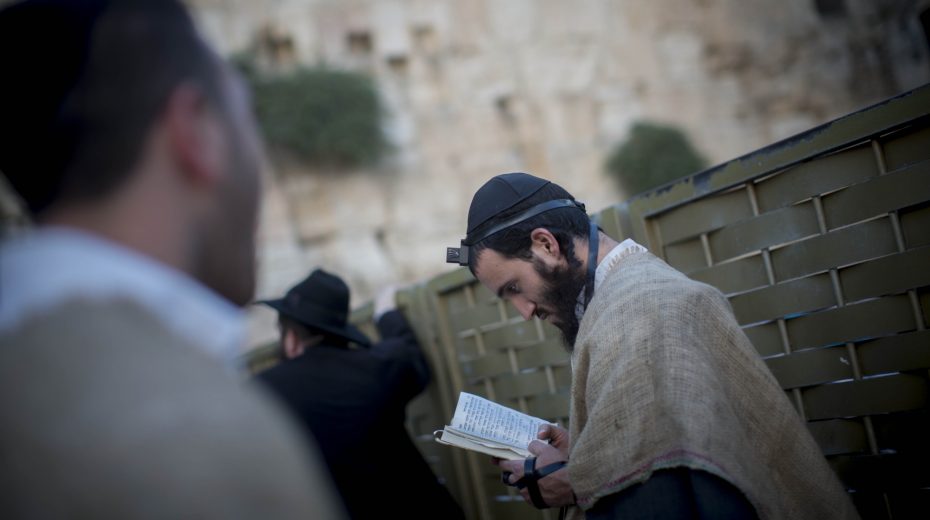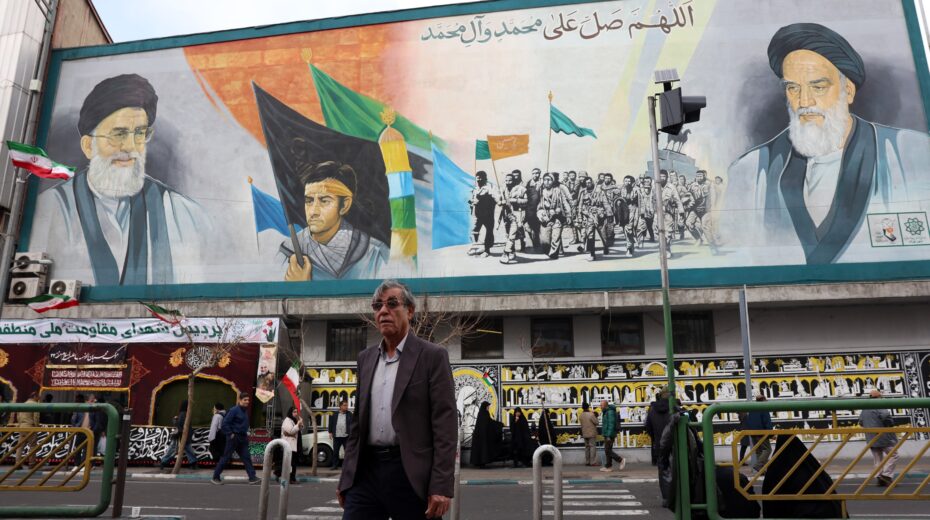If the life of a Messianic Jew wasn’t complicated enough, I was faced with another dilemma this year over whether or not to fast on Shiv’ah Asar b’Tammuz (17th of Tammuz).
The Seventeenth of Tammuz (sometimes called Yud Zayin b’Tammuz) is a Jewish fast day that commemorates the breach of the walls of Jerusalem before the destruction of the Second Temple. It marks the beginning of the three-week mourning period leading up to the better known Tisha B’Av (9th of Av).
When I first started discovering the fullness of my Jewish identity in Messiah, I had to renew my mind and leave certain aspects of Jewish tradition behind. As much as I hold dear to my Jewish heritage, I started looking at the Holy Scriptures as the ultimate authority over my life, and not rabbinical traditions.
However, the four annual days of fasting that commemorate the destruction of the temple and the exile are mentioned not only in writings of Jewish sages, but also in the Old Testament. “Thus says the LORD of hosts: The fast of the fourth month and the fast of the fifth and the fast of the seventh and the fast of the tenth shall be to the house of Judah seasons of joy and gladness and cheerful feasts” (Zechariah 8:19).
It is a beautiful thing to read this ancient text knowing that our ancestors have kept such traditions for thousands of years, to this day, in remembrance of what has befallen them! It is yet more beautiful to see that God acknowledges the time we set apart for Him to mourn, and for Him to promise His people that the fasting will one day turn to feasting! What beauty lies in His Word; how grand it is to see these writings correspond with reality!
During this time, it is the ruin of the Temple that we mourn, and indeed, it marks perhaps the darkest time in the history of the Jewish people – the beginning of 2,000 years of exile and suffering. But perhaps we, the Messianic Jewish believers, have something even greater to rejoice over: “Jesus answered them, ‘Destroy this temple, and in three days I will raise it up.’ The Jews then said, ‘It has taken forty-six years to build this temple and will you raise it up in three days?’ But He was speaking about the temple of His body” (John 2:19-21).
We now have a gospel of salvation to offer to those mourning. Yeshua said: “I tell you, something greater than the temple is here” (Matthew 12:6). And if that is indeed the case, we have a more excellent way to show our brothers and sisters in the land. Paul instructs us to “weep with those who weep” (Romans 12:15). And there is good reason to bow our heads, but there is an even greater reason to inform those who weep that there is Good News, and that salvation is available through their Jewish Messiah, the Living Temple of God.
Whatever you choose to do, be it going about your regular routine or joining your Jewish brothers and sisters in fasting, do so with a joyful heart, lifting the unsaved in prayer, in proclamation that He is risen! Tzom kal.














